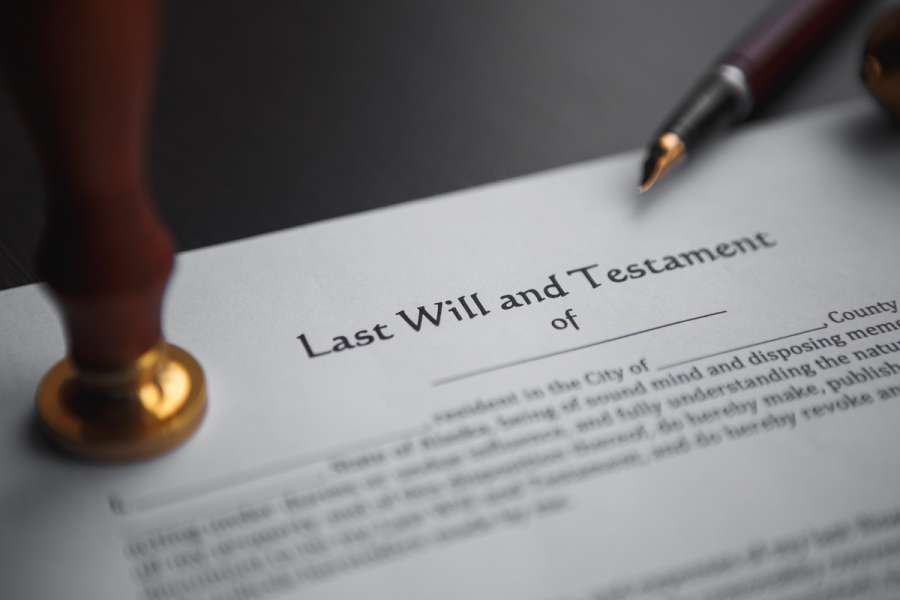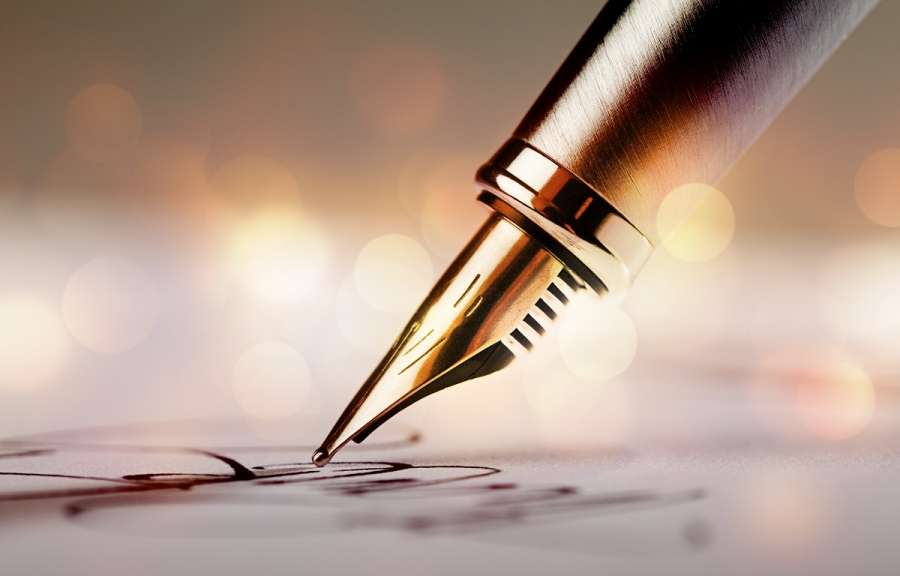A challenge to a Will based on forgery is a very serious fraud allegation; the standard of proof is necessarily high. Handwriting evidence is often pivotal in cases where forgery is alleged.
In the Watts case, both parties adduced expert evidence. Unlike the expert appointed for Jobyna, Carlton’s expert had not forensically examined samples of the deceased’s signature or handwriting; he had only considered one sample of Jobyna’s handwriting.
From that, he concluded the signature on the Will was forged by Jobyna; he sought to rely on letter formation, pen pressure and similarities between her signature and that of the signature of Eustace on the Will.
Carlton’s expert’s evidence was discredited and rejected in its entirety. The evidence of Jobyna’s expert, who concluded that the signature was not a forgery, was based on a forensic analysis of several samples of Eustace’s signature. This evidence was accepted by the Judge, Master Clark.
The evidence of the solicitor who took the Will instruction was also key and was accepted by Master Clark. She found the solicitor to be credible and accepted her evidence, which was a double blow to Carlton’s case.






